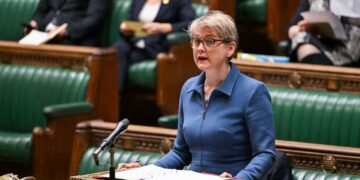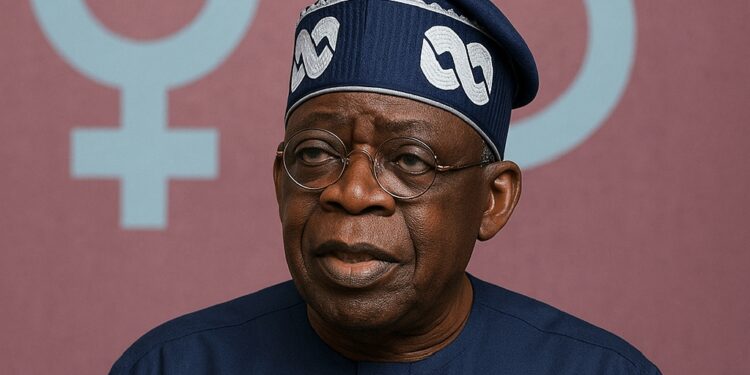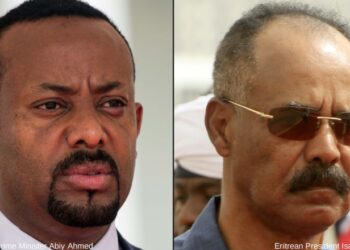By Ebi Kesiena
President Bola Tinubu has hailed Nigeria’s removal from the Financial Action Task Force (FATF) “grey list,” describing it as a milestone achievement that reinforces confidence in the country’s economy and financial governance.
The FATF, which serves as the global body monitoring money laundering and terrorist financing, announced Nigeria’s removal from the list during its October 2025 plenary session held in Paris, France.
The decision came after Nigeria fully implemented a 19-point action plan designed to strengthen its Anti-Money Laundering and Countering the Financing of Terrorism (AML/CFT) framework.
In a statement by his Special Adviser on Information and Strategy, Bayo Onanuga, Tinubu said the delisting was “not just a technical accomplishment but a strategic victory for our economy and a renewed vote of confidence in Nigeria’s financial governance.”
Nigeria was added to the grey list in February 2023 over weak enforcement mechanisms, inadequate inter-agency coordination, and opaque financial practices.
According to the President, his administration viewed the greylisting as a challenge to reform rather than a setback, prompting him to order key agencies to implement wide-ranging measures to meet global standards.
He said the Nigerian Financial Intelligence Unit (NFIU), working closely with the Offices of the Attorney-General and the Ministers of Finance, Justice, and Interior, led the reform drive that strengthened Nigeria’s institutional and operational frameworks.
Tinubu commended the NFIU Director and Chief Executive Officer, Hafsat Bakari, and her team for their “diligent and timely implementation” of Nigeria’s commitments, which earned the country international recognition for its efforts in tackling financial crimes.
Confirming the development, Bakari described Nigeria’s delisting as “a true test of the country’s resilience, coordination, and unwavering commitment to reform.”
She said, “The FATF has officially removed Nigeria from the list of jurisdictions under increased monitoring, commonly known as the grey list. This milestone marks a historic moment in Nigeria’s fight against serious financial crimes and underscores our commitment to global standards in combating money laundering, terrorist financing, and proliferation financing.”
Bakari highlighted several key reforms that contributed to the achievement, including the enforcement of the Money Laundering (Prevention and Prohibition) Act, 2022 and the Terrorism (Prevention and Prohibition) Act, 2022, as well as the establishment of a Beneficial Ownership Register and tighter supervision of non-financial businesses and professions.
She also noted improvements in the capacity of law enforcement and intelligence agencies to detect, investigate, and prosecute financial crimes, alongside enhanced international cooperation and intelligence sharing.
Bakari applauded the leadership of President Tinubu, the support of the National Assembly and judiciary, and the collaboration of private sector stakeholders, urging continued commitment to maintaining compliance with FATF standards.
At the same plenary, the FATF also announced the removal of South Africa, Mozambique, and Burkina Faso from its grey list after confirming notable progress in their financial systems.
Experts believe Nigeria’s exit will ease cross-border transactions, attract foreign investments, and bolster investor confidence in the country’s financial institutions.
Tinubu said the development signals “the beginning of a new chapter in Nigeria’s financial reform agenda,” pledging to sustain the momentum.
“We will continue to institutionalise reforms, deepen collaboration, and build a financial system that Nigerians and the world can trust,” he said.




































